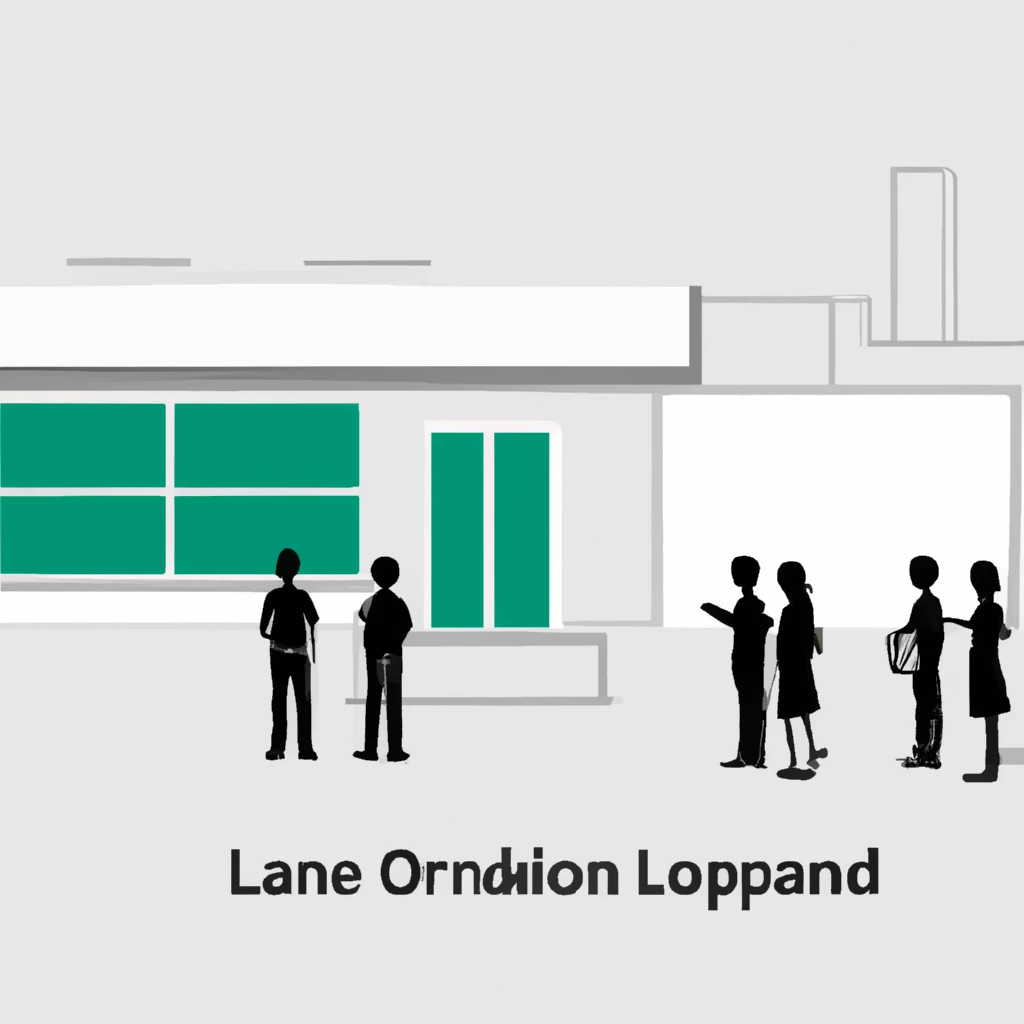What Is a Loan Production Office?
A Loan Production Office (LPO) is a specialized administrative unit within a bank that focuses exclusively on loan-related activities. According to the Federal Reserve, an LPO is defined as a staffed facility, independent of a branch, dedicated to providing lending-related services such as loan information and applications to the public.
Governed by state laws and the main banking facility’s Board of Directors, an LPO is not authorized to directly issue loans but rather handles administrative tasks related to loan processing. As a result, regulations restrict an LPO from being labeled as a branch of the bank unless approved by the state banking commissioner, allowing it to offer full loan servicing.
**Key Takeaways**
- A Loan Production Office (LPO) is a specialized division of a bank solely dedicated to managing loan requests.
- While primarily dealing with residential mortgages, an LPO also processes various other types of loans.
- Although unable to originate loans, an LPO conducts all administrative functions related to loan applications.
- Following application review, an LPO forwards applications to the bank for final approval, where decisions are made.
How a Loan Production Office Works
Located either on the bank’s premises or at a separate location, the Loan Production Office processes and reviews loan applications, ensuring compliance with underwriting standards and completeness of documentation. While predominantly handling residential mortgages, it also caters to other loan types.
Key support roles within an LPO include processors and underwriters responsible for gathering, analyzing, and distributing information essential to the loan processing or underwriting. Moreover, they liaise with applicants to acquire the necessary details for these activities. Additional positions such as loan production leaders, specialists, and customer service coordinators contribute to the operations of an LPO.
While an LPO can provide educational resources on mortgages and loans, it is restricted from offering or negotiating loan rates and terms, or advising consumers on residential mortgage matters. The LPO forwards completed applications to the bank for final decision-making, with top processors possibly recommending application approval, subject to the bank or branch’s ultimate decision.
If approved, the LPO may be tasked with disbursing the bank’s funds or checks to the borrower or their account. Additionally, for an LPO to provide full loan servicing, the bank must seek approval from the state banking commissioner.
Special Considerations for Loan Production Office
As it is not a full-fledged bank branch, a Loan Production Office is not obliged to display Federal Deposit Insurance Corporation (FDIC) or Availability of Funds and Collection of Checks (Regulation CC) policies. However, it must exhibit an Equal Housing Lender poster, mandatory in all contexts where deposits are accepted or loans are made.
LPO vs. Loan Servicer
Distinguishing between an LPO and a loan servicer is crucial, as they serve distinct roles in the loan process. While an LPO oversees the application-to-disbursement phase of a loan, a loan servicer manages the loan from disbursement until full repayment. Modern practices often involve third-party entities handling loan servicing tasks, which traditionally were executed by banks internally.
